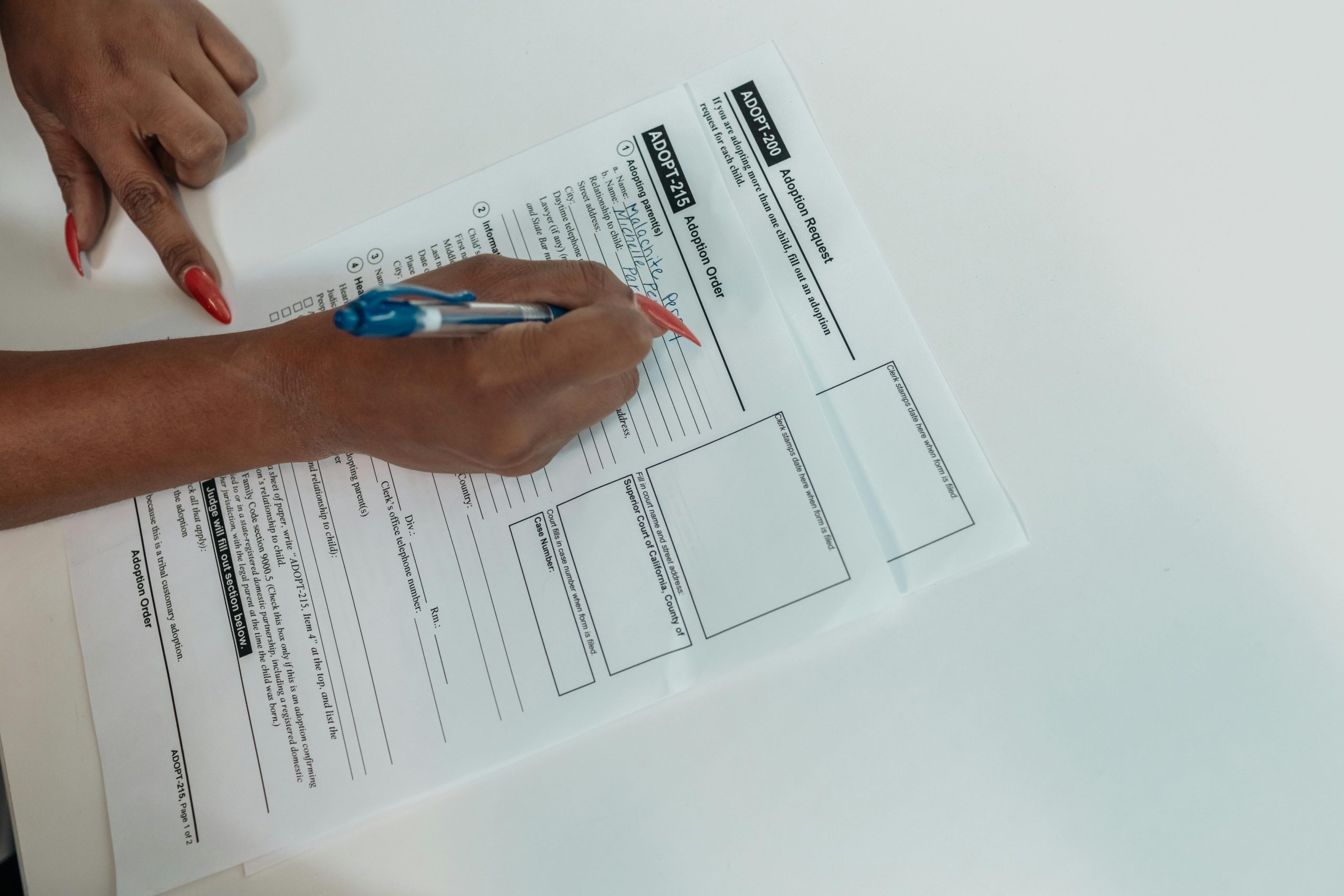Navigating Vehicle Damage in Your Own Driveway: Insurance and Legal Considerations
Understanding Responsibility When Two Vehicles Collide at Home
As a homeowner, encountering vehicle damage in your own driveway can be an unexpected and stressful situation. Recently, I experienced such an incident involving two parked vehicles, which has prompted me to consider the legal and insurance implications that homeowners and auto owners face in similar circumstances.
Scenario Overview
I am single, engaged, and live with my partner and her son. My primary vehicle, a 2017 Ford Expedition, was parked in our driveway when a somewhat vintage 1974 Ford F100 truck, driven by her son (who is 20 and covered under his mother’s insurance policy), rolled backwards and struck my truck. The young man had exited his vehicle just moments before the collision. The event was captured clearly on surveillance footage, confirming he was out of the vehicle at the time.
Damages and Vehicle Details
My Expedition sustained various damages, including a flat tire, bumper, headlight, and possibly more—especially considering modifications like aftermarket wheels, a lift kit, and suspension components. Estimated repair costs are between $12,000 and $14,000, and since it’s fully paid off, I carry comprehensive collision coverage with a $1,000 deductible.
Meanwhile, the truck involved only has minor scratches but remains functional. The incident has raised questions about fault, insurance coverage, and financial responsibility.
Legal and Insurance Questions
Given that the vehicle was stationary and the driver had exited, who is liable? Is this considered a homeowner’s insurance claim, an auto insurance claim, or a combination of both? Additionally, does the fact that the vehicle was parked and the driver was temporarily outside influence liability determinations?
In our case, since the vehicle was unoccupied, the incident might traditionally be classified under auto insurance. However, since the collision occurred in a driveway—an area typically covered by homeowner’s policies—the situation becomes more nuanced. Insurance companies generally consider various factors, including the vehicle’s status at the time of the incident and whether the driver was negligent.
Financial Implications
The long-term financial impact is a concern. If the insurance claim is processed, it could affect insurance premiums—something we’re cautious about due to past claims, such as a significant ice dam issue on our home five years ago. Conversely, if we opt to repair the Expedition ourselves—aiming for safety rather than a cosmetic fix—it may reduce immediate expenses but could leave the vehicle in



